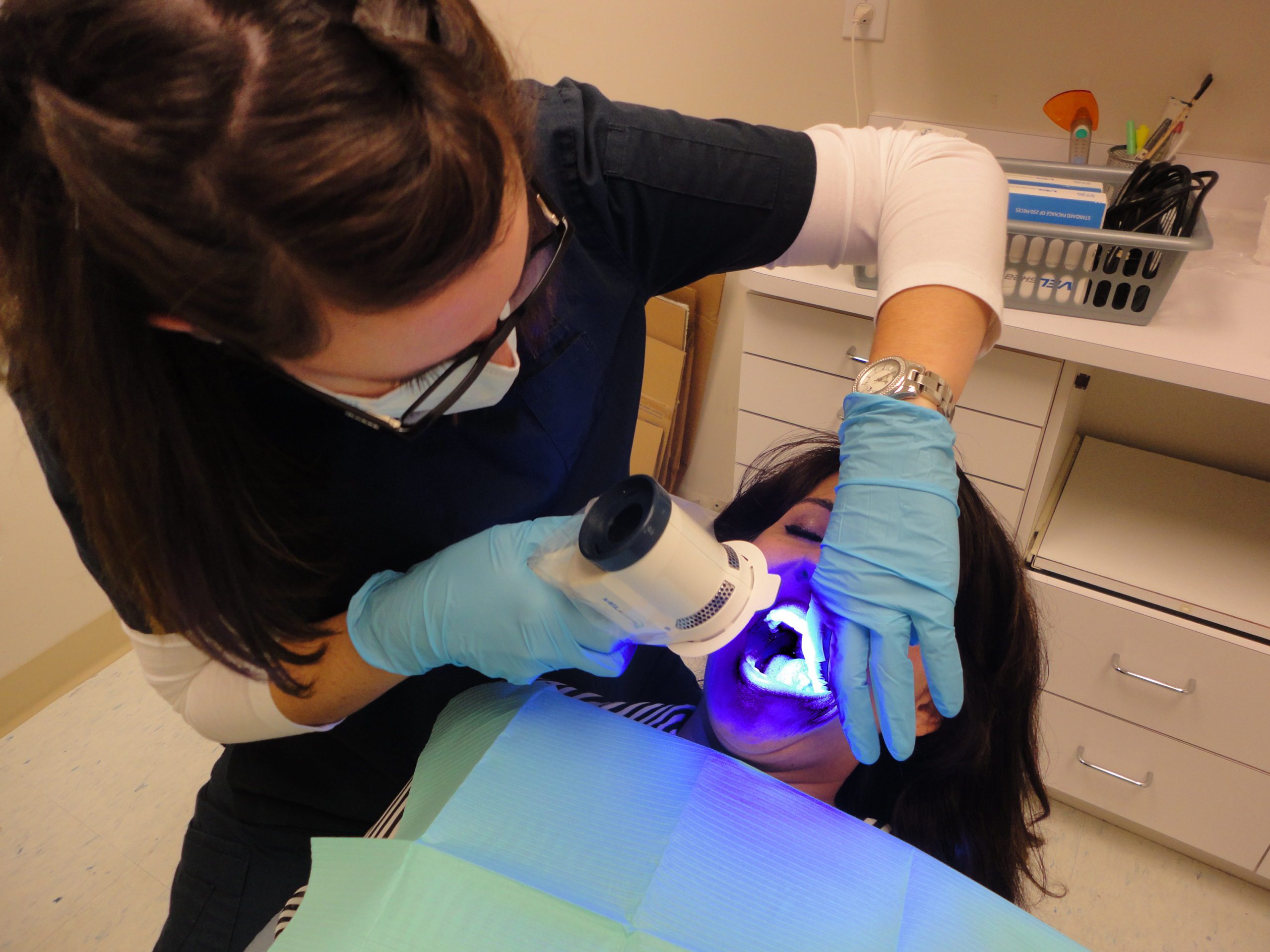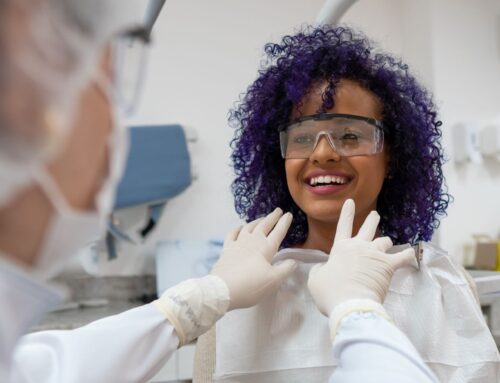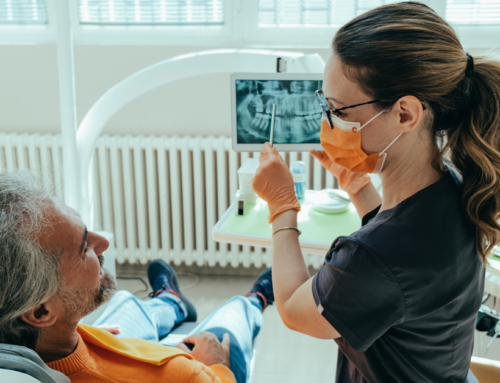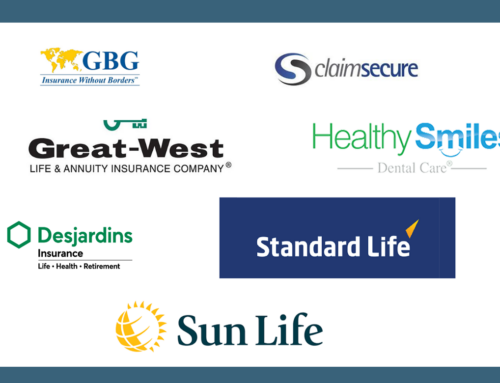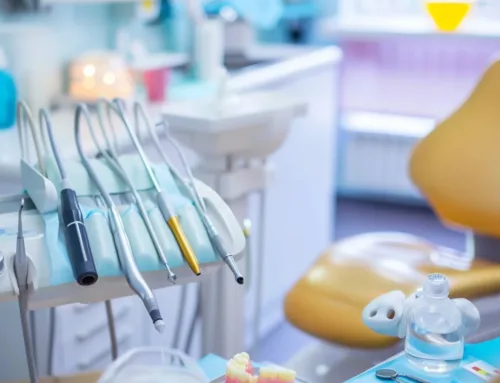Understanding the Many Types of Oral Cancer
Medical science has advanced dramatically over the years, especially when it comes to understanding cancer. We are much more effective at detecting cancer earlier than ever before, and the ability to precisely diagnose the types and stages of cancer is improving every day, and this includes the many types of oral cancer that exist. It may surprise you to learn that there is not just one type of cancer that can affect the mouth, but several different variations depending on the area of the mouth and the types of cells that are involved.
In general, the number of oral cancer patients in Canada is statistically lower than several other types of cancer. According to the Canadian Cancer Society’s 2017 statistics, it is estimated that about 4,700 new Canadian patients will be diagnosed with some type of oral cavity cancer, of which approximately 1,250 cases will be deemed terminal. However, as with any type of cancer, the likelihood of development changes dramatically when certain risk factors are considered.
Understanding the different types of oral cancer, including what the potential causes may be and the various treatment options that are available, is important. Patients need to be aware of the early warning signs and risk factors associated with oral cancer, and you should voice any questions or concerns you may have to your dentist as part of your regular checkups. In this article, we will help lay the foundation for a better understanding of oral cancer and explain the most common types of cancer that affect the mouth. We will explore common causes linked to an increased risk of oral cancer, as well as provide details on the possible treatment steps that may be necessary.
Now, let’s discuss the most common reasons that cancer develops in the mouth, as well as the various lifestyle elements that can elevate the risk of oral cancer.
What are the causes of oral cancer?
It’s an unfortunate fact that some people are at greater risk for developing some form of cancers simply due to hereditary reasons. Certain types of health conditions that are genetically passed down, such as anemia for example, can put some people at a higher likelihood of cancer development.
Oral cancer can also be caused by lifestyle choices that have negative health implications, specifically habits such as tobacco usage and excessive alcohol consumption. These types of lifestyle factors significantly raise your risk of developing cancer earlier in life and an increase in the potential severity of the cancer.
Other factors linked to the development of oral cancer include infections in the mouth that are left untreated or are recurring, failure to follow proper oral hygiene habits which leads to gum disease, and even dietary considerations such as deficiencies in essential vitamins and minerals as a result of poor nutrition.
Where can cancer occur in the mouth?
Essentially, every part of the mouth and oral cavity is a potential site where cancer could develop. Cancer can form on the tongue or within the tongue muscle. The floor and roof of your mouth, as well as the insides of your cheeks are also at risk. Your gums, jawbone, and even lips are also potential sites for the development of cancer.
Early detection of cancer and proper diagnosis of the type of cancer is critical to the successful treatment and the best possible outcome. It’s essential that any abnormality or unusual sensations in your mouth, including aches, pains, soreness, swelling, discoloration, and anything else out of the ordinary be checked and monitored by your dentist at regular intervals. There are many other oral health conditions that share the same symptoms as oral cancer, so be sure to alert your dentist and hygienist to any changes you notice so they are aware of the situation and can properly monitor it.
What may appear to be nothing more than a nuisance at the time, such as a sore that won’t go away, or a persistent soreness when chewing, should not be ignored. All aspects of your health and well-being should be on the top of your priority list, and when something out of the ordinary occurs and causes you worry or discomfort, be sure to speak to your trusted healthcare professional at the earliest opportunity.
What are the different types of oral cancer?
There are several different types of oral cancer that have been discovered, each with varying characteristics. The most common type of oral cancer is known as squamous cell carcinoma. Squamous cell carcinoma is a cancer that develops in the flat, thin cells in the mucous the mouth, known as squamous cells. Since squamous cells line virtually the entire oral cavity, most of the oral cancers that are diagnosed fall in to this category.
The squamous cells can also be the site of another form of oral cancer, known as verrucous carcinoma. This form of cancer is generally slower-growing than the squamous cell carcinoma type, and rarely spreads to other parts of the body.
Salivary gland carcinoma is another form of oral cancer, although far less common than the other types, and forms within the cells surrounding and comprising the salivary glands that line the top and bottom of the mouth.
There are a few other types of cancer that can occur in the oral cavity. Due to the presence of lymph nodes in and around the mouth, there is also the possibility for lymphoma to occur. This type of cancer is not limited to forming only in the mouth, since there are lymph nodes in other parts of the body, but it is considered a type of oral cancer when it occurs in the lymph nodes within the mouth. It is also possible for cancerous tumors to form in the bones and cartilage in the jaw and are known as variations of cancer known as sarcomas.
How is oral cancer detected?
In the event that you’ve experienced any of the symptoms of oral cancer, or are simply concerned about the potential risks, you should undergo a process known as an oral cancer screening. During this process, your dentist and oral care professionals will conduct a thorough exam of your entire oral cavity. Other tests may be used to obtain more information and greater insight above what is visible, including x-rays, ultrasounds, biopsies, or a specialized oral cancer detection procedure known as a VELscope. A VELscope screening uses a specialized viewing scope and light source that makes it easier for your dentist to get a very close look at the different areas of your mouth.
This combination of techniques provides a complete picture of your oral health and will help your dentist be able to precisely identify and diagnose any potential problems that may be present.
Conclusion
Fortunately, research has enabled doctors to detect the signs of cancer earlier than ever before, and early detection is one of the most significant factors impacting the success of cancer treatment and positive outcomes.
If you’ve never had an oral cancer screening before or have experienced one or more symptoms similar to the ones described above, speak to your dentist today and arrange for an oral cancer screening at your next appointment. The process is simple, and it can provide you with peace of mind and assurance that you are taking steps to maintain your oral health and improve your overall well-being.
Contact the team here at Georgian Dental® today to book your next appointment and have all your questions answered.
Appointment Request
If you’re interested in any of our procedures, and would like to meet with one of our dentists to discuss options, costs and get additional information, complete this short form and we’ll give you a call to arrange for a no-obligation appointment at our Barrie clinic.
